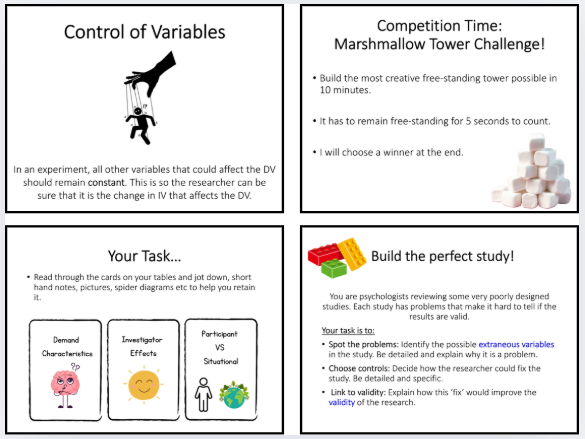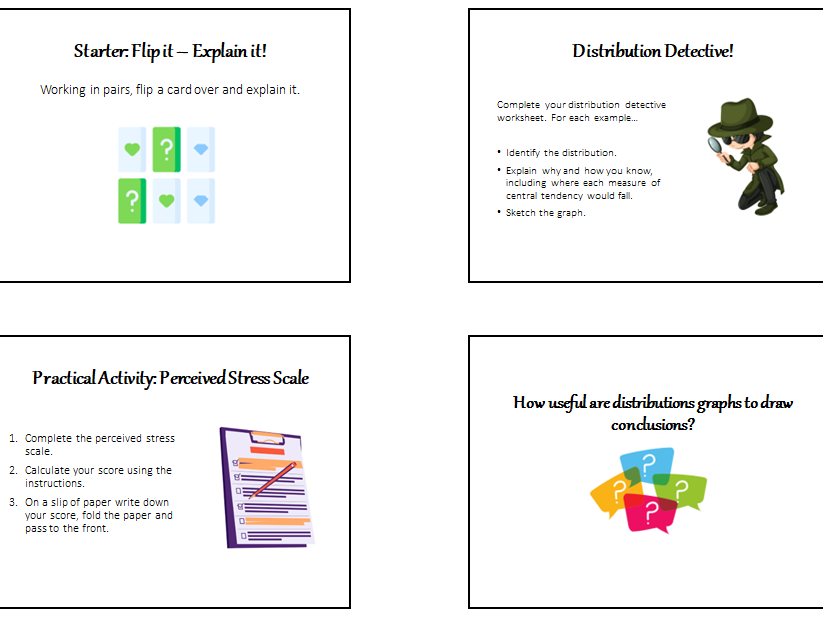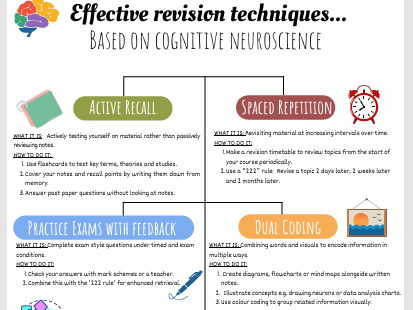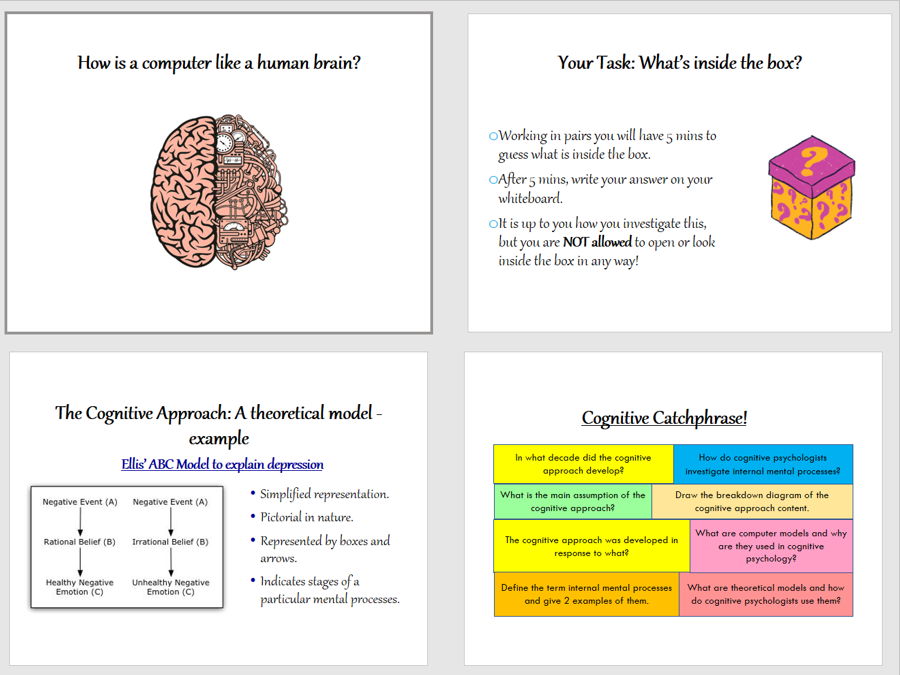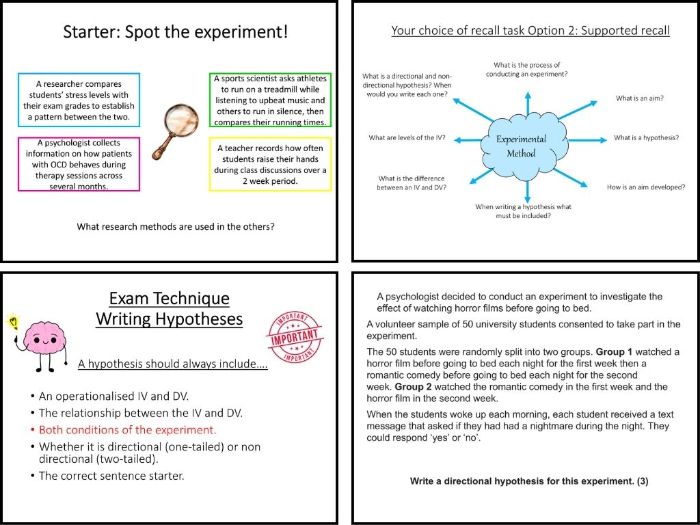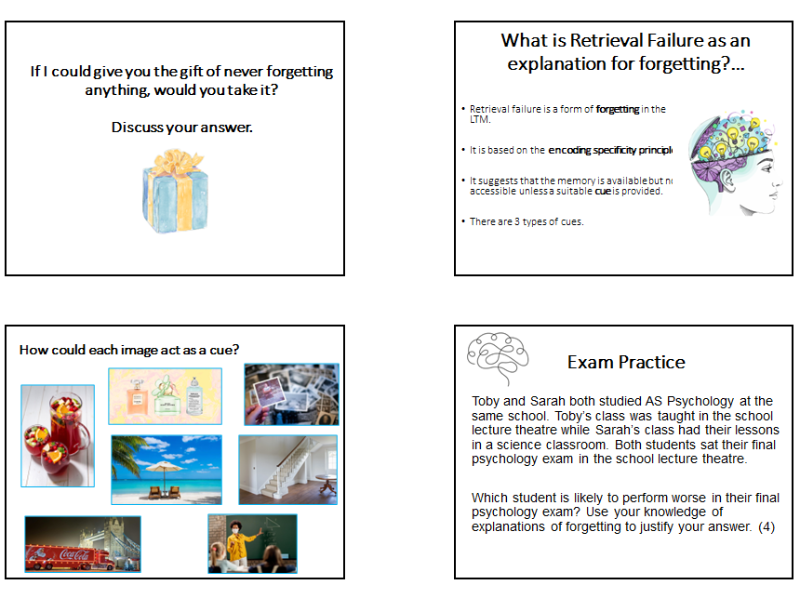Bethany Scarrott's Shop
I provide high quality teaching resources for the AQA A Level Psychology specification and work in one of the highest achieving state schools in the country. My lessons are designed to be creative, engaging and practical to foster a love of the subject and increase understanding and knowledge. With 10 years experience teaching AQA A Level Psychology, I have a robust understanding of the exam criteria and the skills students need to demonstrate to achieve the highest grades.

